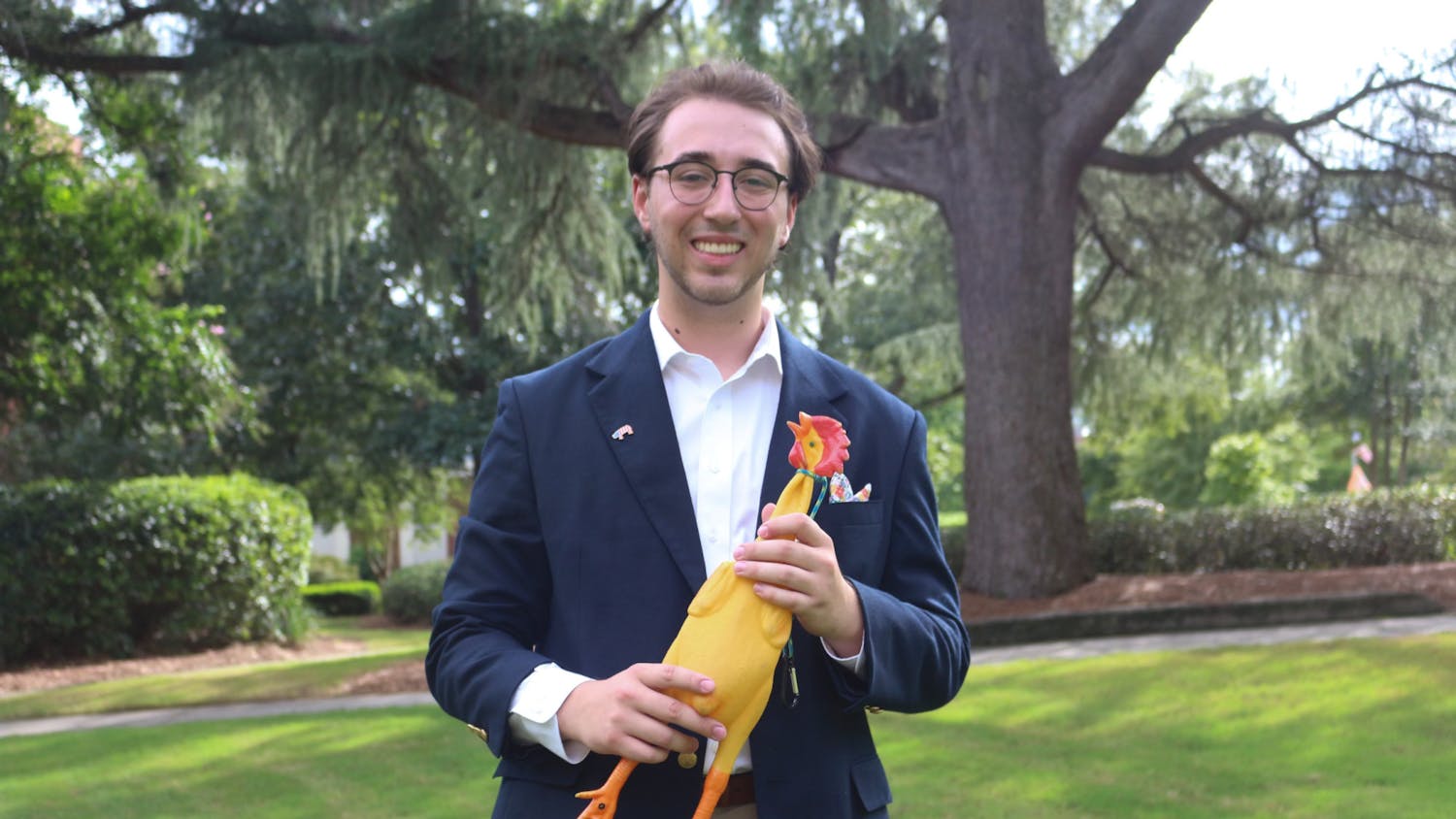The United States and most western states are some form of democracy with the U.S being a representative democracy also known as a Republic. What this means is that sovereignty is in the hand of its citizens and the government acquires its legitimacy from those citizens.
In a republic, a government must aim to meet the interests of the citizens whether they be economic, militaristic or social. It seems like a simple relationship. I vote for someone to represent my interests and he will go to congress and do exactly that but the reality is that it’s a very complicated system.
What happens when my perceptions about what would be in my best interests are wrong? On a micro-level I alone would bear the consequences of the choices I make but a government operates on a macro-level and the consequences of bad policies can wreak an entire nation. Case in point: the Soviet Union. Communism worked wonderfully for them didn’t it?
A Republic owes to its people a responsibility to meet the long-term interests of its citizens while maintaining some form of protection from bad interests that could damage the whole.
Representatives have a responsibility to shield the nation from the consequences of potentially devastating policies that, at the moment of voting, citizens may not realize are bad.This means that representatives in a government must be farsighted. But there lies the potential for representatives who know nothing about the issues they are supposed to make decisions about.
The representatives should place decision-making powers in the hands of those who are more knowledgeable and lack the need to pander for votes by not having to be elected.
Now the government would still be a republic with power rested firmly with the citizens, but the actual law and decision makers would be experts within the field that they are dealing with.
The government already kind of works this way with its various departments having some autonomy but the difference with a Technocracy is where the ultimate decision-making power lies.
In a Technocracy a council of generals would make all military decisions, a council of teachers would make all decisions related to education and a panel of scientists would make all decisions relating to financing of science projects and so on.
Cooperation would be necessary in deciding the budget of each council but for the most part nearly complete autonomy for each council.
A good example would be the Federal Reserve. It is a part of the government but it operates independently and its mandate comes from the 1913 Federal Reserve Act. A relationship of citizens electing representatives who in turn appoint experts to oversee the nation’s monetary policy.
This system in all area’s of life would be preferable because it ensures that politicians would not be using the military for their own agendas, it ensures that someone who never studied medicine is not making decisions about what is right or wrong for the female body and it ensures that someone who has never studied the environment can not pass a law denouncing climate change as a hoax.
Will all technocrats be right? Probably not, but I suspect that they would make relatively more right decisions. If you are wondering, these technocrats would be similar to the way the Federal Reserve operates in that the president appoints people to the board and they are confirmed by the Senate.
Eventually the president would become a figurehead and congress would become similar in function to the general assembly of the United Nations and the government, overall, would become much more efficient, in my opinion.
Comments on this opinion can be sent to salim.y.ali@live.mercer.edu




